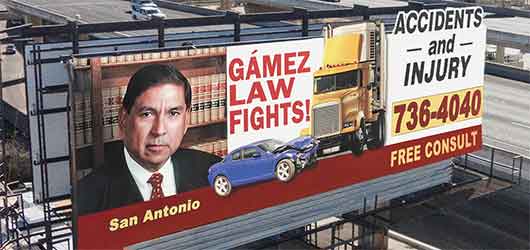Driving in Texas can feel like navigating a fast-paced chess game, where every move is a strategic play for position. The Lone Star State has become one of the top 10 states in the nation with the most confrontational drivers.
Understanding the dynamics behind this phenomenon is important for anyone hitting the roads in Texas.
Speed
Speed is a major contributing factor to Texas’ confrontational driving culture. With expansive highways and long stretches of open road, there is a prevailing attitude among drivers that faster is better. This need for speed can lead to aggressive driving behaviors. Tailgating and weaving in and out of traffic are common as motorists compete to reach their destinations ahead of others.
Traffic congestion
Despite the spacious roads, Texas is not immune to traffic congestion. This is especially true in major metropolitan areas. The frustration of sitting in bumper-to-bumper traffic can lead to heightened stress levels and, in turn, more confrontational behavior on the road. The combination of vast open spaces and congested urban areas creates a unique blend of driving styles, contributing to the confrontational atmosphere.
Diverse driving cultures
Texas is a melting pot of diverse cultures and backgrounds. Driving habits reflect this diversity. Different regions of the state may exhibit distinct driving norms, leading to a clash of expectations on the road. Drivers from urban areas may have different driving etiquette compared to those from rural communities. This often results in a mix of aggressive driving styles.
The “Don’t Mess with Texas” mentality
The famous Texan motto, “Don’t Mess with Texas,” extends beyond anti-littering campaigns. It reflects a strong sense of independence and self-reliance ingrained in the state’s culture. This mentality can translate into assertive and confrontational behaviors on the road.
Fox 26 Houston notes that Texas ranks ninth in the United States in terms of the number of confrontational drivers it has traveling its roads. Understanding what contributes to confrontational driving and avoiding related habits contributes to a safer and more harmonious driving experience for all.


